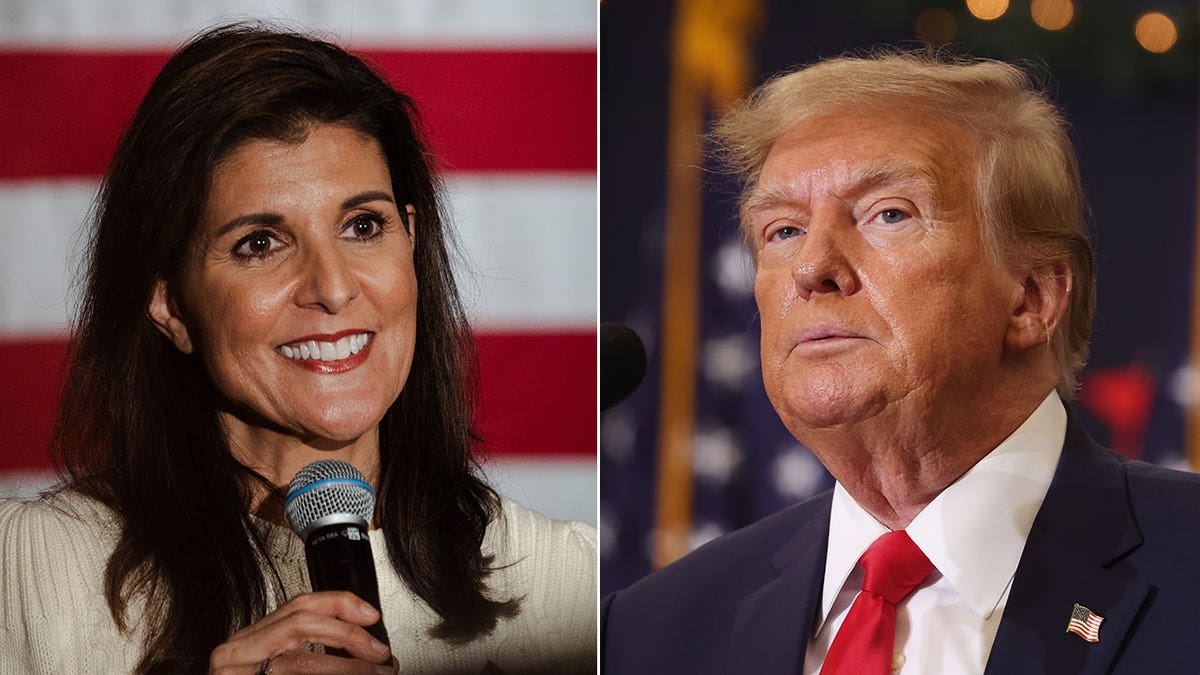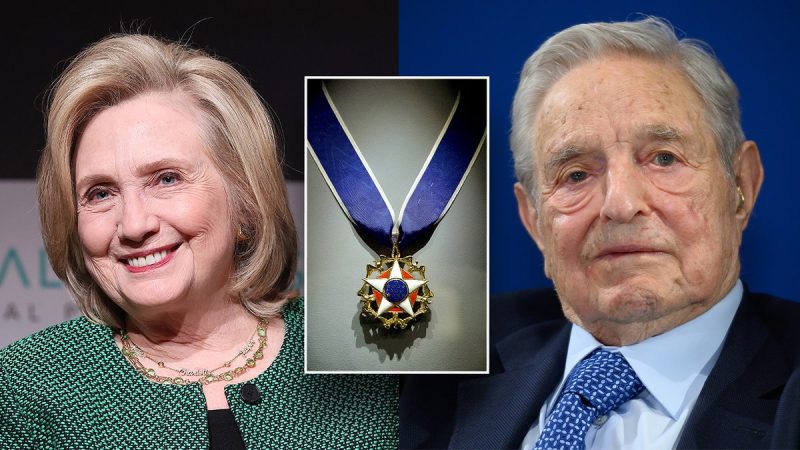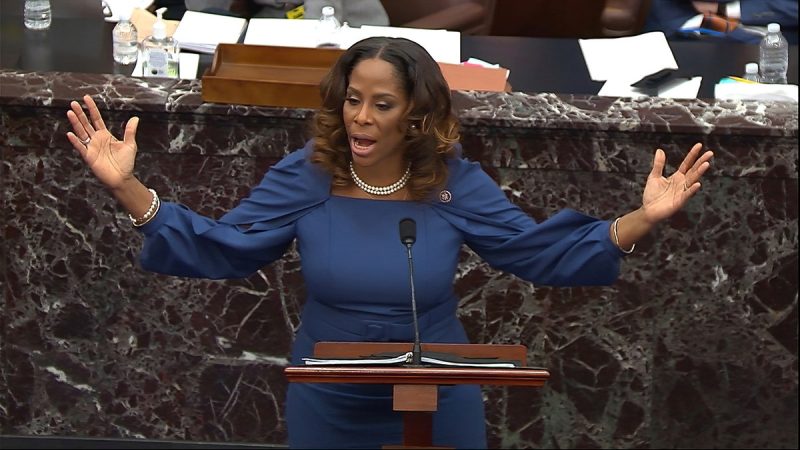Morning Glory: Name the veep now

No matter what results are delivered by the New Hampshire electorate tonight, the GOP nominee — whether former President Trump or former U.N. Ambassador and South Carolina Governor Nikki Haley — has a huge incentive to name a running mate soon: hard dollar contributions.
Name him or her and wind that running mate up and send them off on the fund-raising circuit. Even if Trump and Haley have an extended battle ahead, both would benefit from tapping their preferred partner on the ticket early.
Money contributed directly to a specific candidate is 'hard money' and is limited in the amount that can be given (in 2024 it is $3,300), while indirect contributions to political action committees supporting the GOP ticket are known as 'soft money.'
Candidates control the hard dollars, but not the soft money raised by Super PACs. Hard money can also be used to buy advertising at the best rate available from a radio or television outlet, while soft money gets no such guarantee on rates. A 'hard dollar' is much to be preferred to a soft one. To get the 'hard dollars' it helps to make a 'hard ask' — by the candidate to a small group in a room where everyone can see, meet and greet and chat with the candidate. Thus, it has always been and thus it will always be.
Which is why the GOP vice presidential nominee should be vetted and named early, rather than later in the cycle. Once a running mate is named by the nominee, that would-be veep packs a traveling bag and begins the endless tour of donor events. With eight months stretching out between Super Tuesday on March 5 and Election Day on November 5, there are 240 days full of donor events. Donors will turn up to meet the nominee, of course, but they will also show up to schmooze the maybe-veep. A breakfast, lunch and evening event every day is a given for any candidate, and probably one or two more squeezed in at a law firm here or a private home there.
Before you know it, the running mate will have passed 500 events on his or her way to 1,000. Each event is an opportunity for a loose ally to become a $3,300 donor. The more months on the road, the more events that will be held, the more money banked against the messaging sprint in the fall. This isn’t quantum physics; the sooner the running mate is named and on the field, the sooner he or she can contribute to filling the war chest, and as called upon, the airwaves.
The running mate will also daily provide a contrast with Vice President Kamala Harris — and most Republicans are enthusiastic about those future assessments if the nominee stays within conventional lines of eligibility: governors, senators and maybe a member of Congress. (Unconventional figures as running mates do not appeal to folks who understand what opposition research is and how there will be no 'youthful indiscretions' forgiven once named. Every controversy about a running mate is an unwarranted diversion from the top of the ticket.)
What former President Trump or Ambassador Haley could use is a fund-raising machine, knocking out five events a day, and available for cable and radio hits around the clock. The running mate will have to possess message discipline, of course, but physical discipline will be at least as important as they’ve got to start traveling and asking, asking and traveling from the day they are named.
People vote for or against the top of the ticket, but they’ll turn up for an event with the man or woman who could be one heartbeat away come next January.
Hugh Hewitt is one of the country’s leading journalists of the center-right. A son of Ohio and a graduate of Harvard College and the University of Michigan Law School, Hewitt has been a Professor of Law at Chapman University’s Fowler School of Law since 1996 where he teaches Constitutional Law. Hewitt launched his eponymous radio show from Los Angeles in 1990, and it is today syndicated to hundreds of stations and outlets across the country every Monday through Friday morning. Hewitt has frequently appeared on every major national news television network, hosted television shows for PBS and MSNBC, written for every major American paper, has authored a dozen books and moderated a score of Republican candidate debates, most recently the November 2023 Republican presidential debate in Miami and four Republican presidential debates in the 2015-16 cycle. Hewitt focuses his radio show and this column on the Constitution, national security, American politics and the Cleveland Browns and Guardians. Hewitt has interviewed tens of thousands of guests from Democrats Hillary Clinton and John Kerry to Republican Presidents George W. Bush and Donald Trump over his forty years in broadcast, and this column previews the lead story that will drive his radio show today.



